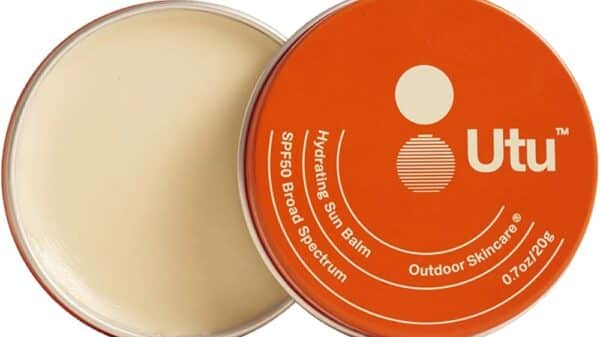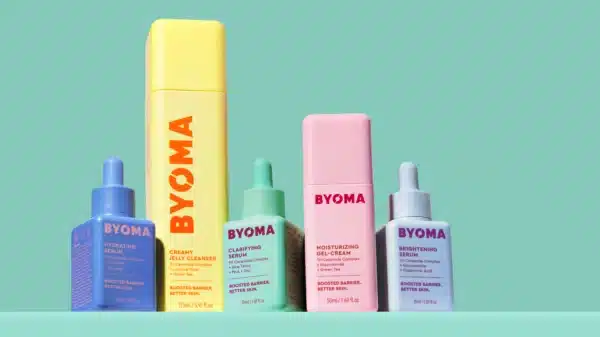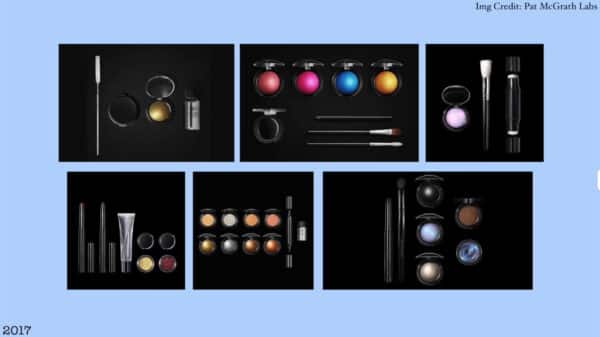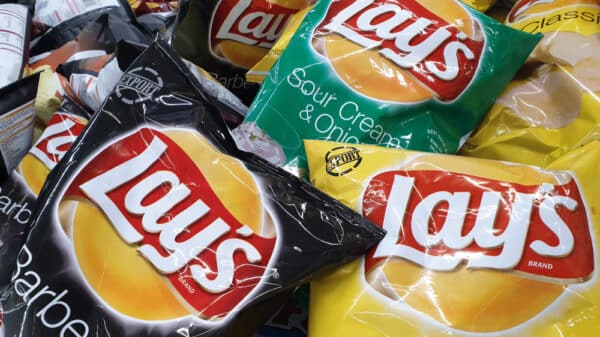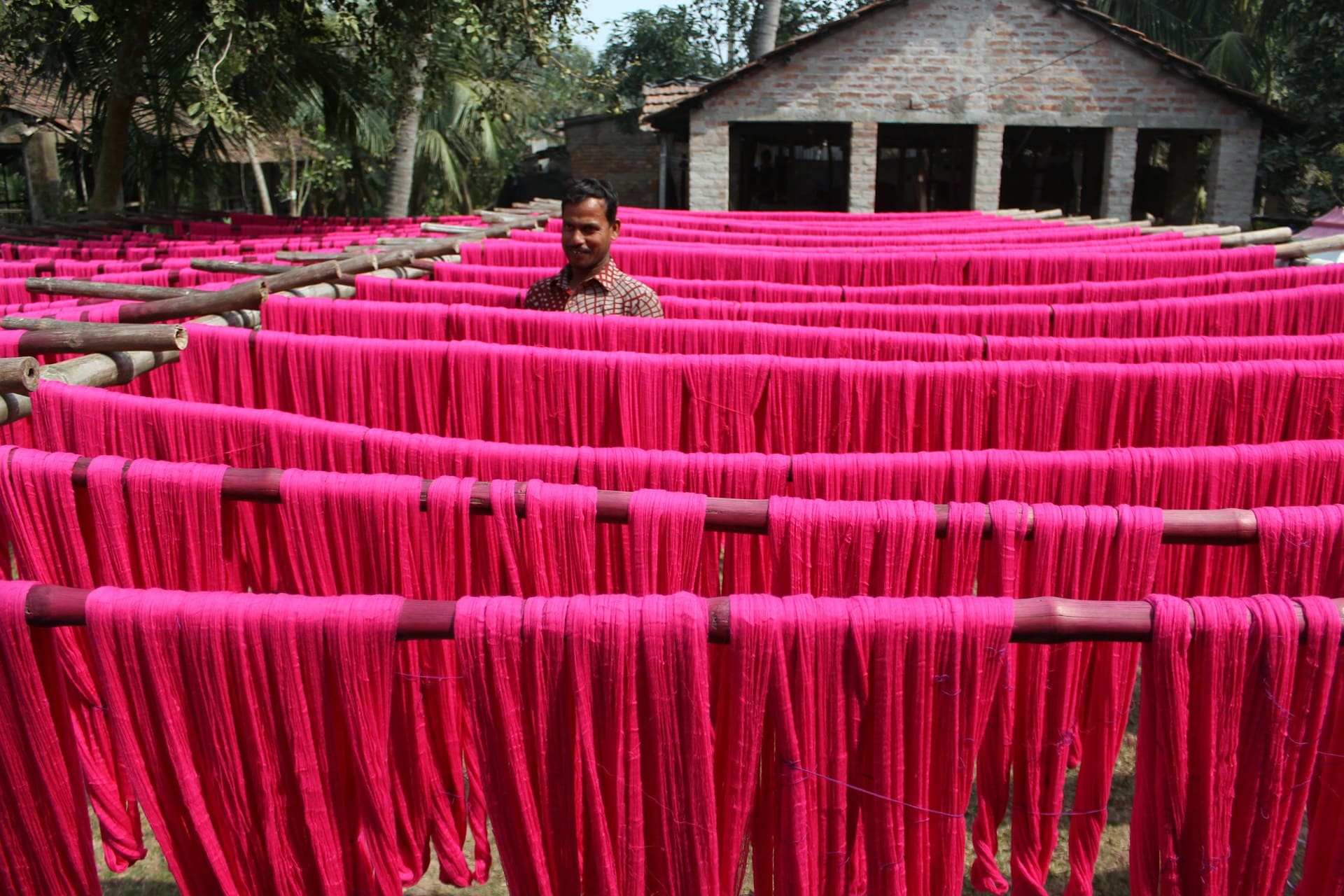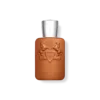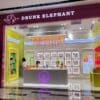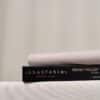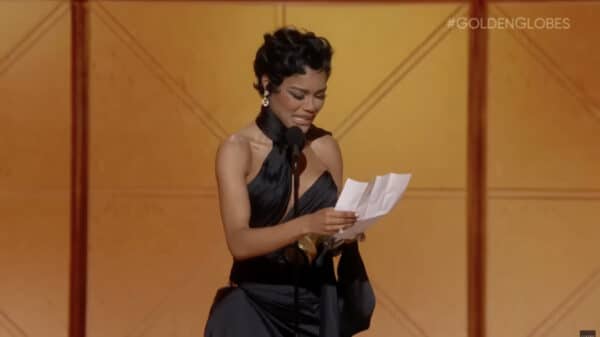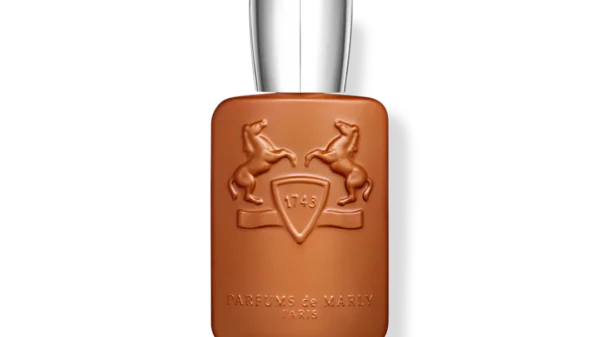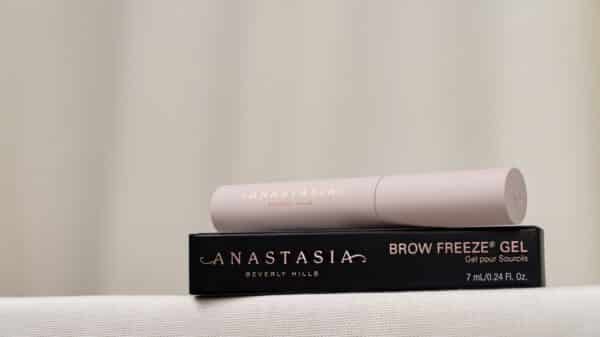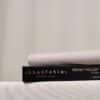Woolmark, a name synonymous with quality in the wool industry, has taken a significant step toward sustainability by partnering with Colourizd, a specialist in dry-dyeing technologies. Their collaborative effort focuses on a groundbreaking process known as QuantumColour. This innovative technique dramatically reduces water usage to just 0.5 liters per kilogram of yarn, doing away with the traditional, resource-heavy practices of bleaching, pre-treatment, and hazardous wastewater discharge.
Picture the conventional dyeing process: it often involves using up to 120 liters of water per kilo of yarn and incorporates a slew of harsh chemicals such as caustic soda, acids, salts, and bleach. In stark contrast, QuantumColour not only minimizes water reliance but ensures that these toxic substances are left out of the equation. Color variations from this new method range extensively, providing options from soft pastels to vibrant hues without compromising the environment.
Woolmark has enthusiastically tested this innovative technology with a variety of materials, confirming its effectiveness with 100% Merino wool and blends that include cotton, cellulose fibers (derived from wood pulp), and even synthetic fibers like nylon. The testing phase has shown promising results across the entire production timeline, ensuring that this new dyeing method could feasibly be applied to finished products in the market.
“After extensive testing of Merino wool and wool blends, we realized that the Colourizd team was developing something truly revolutionary for the wool industry,” shared Julie Davies, Woolmark’s managing director. Her excitement underscores the potential this technology holds for not only improving the quality of wool dyeing but also for paving the way toward more sustainable practices in the fashion sphere.
The relevance of such innovations is underscored by data from Textile Exchange, which reveals that as of 2023, wool represented only 0.9% of global fiber production. Within this small percentage, a mere 4% of wool is certified sustainable, and only 6% is recycled wool. The vast majority—89%—comes from conventional sources, highlighting a pressing need for cleaner, more sustainable alternatives.
The dyeing stage is undeniably pivotal in the quest for ecological responsibility within the fashion industry. A 2018 study by Quantis estimated that dyeing and finishing contribute to a staggering 36% of pollution generated by clothing production. Alarmingly, it’s also believed that 20% of global water pollution is tied directly to these stages of fabric processing.
Woolmark’s partnership with Colourizd marks a promising turn toward cleaner, more sustainable practices within the textile industry. If you’re concerned about the environmental impact of your wardrobe choices, this breakthrough may represent a significant shift that can align style with sustainability. As consumers, understanding the processes behind the products we wear can foster a deeper appreciation for both craftsmanship and the environment.
Image Source: Unsplash

